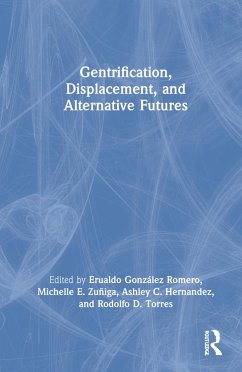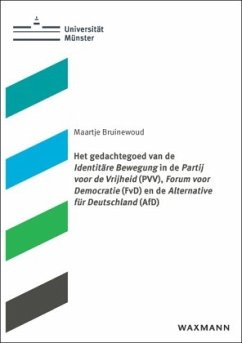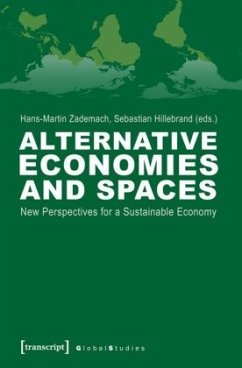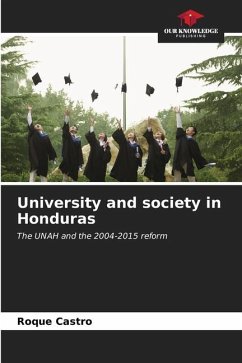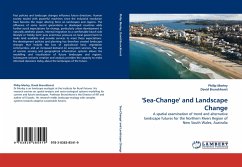
''Sea-Change'' and Landscape Change
A spatial examination of trend and alternative landscape futures for the Northern Rivers Region of New South Wales, Australia
Versandkostenfrei!
Versandfertig in 6-10 Tagen
52,99 €
inkl. MwSt.

PAYBACK Punkte
26 °P sammeln!
Past policies and landscape changes influence future directions. Human society tooled with powerful machines since the industrial revolution have become the major altering force on landscapes and regions. The affluence of some recent generations in developed countries adds further social expectations for change, particularly urban development in naturally aesthetic places. Internal migration to a comfortable beach side lifestyle or 'hobby farm' puts enormous pressure on local government to make land available and provide services to meet these expectations. Pro-development policies and plannin...
Past policies and landscape changes influence future directions. Human society tooled with powerful machines since the industrial revolution have become the major altering force on landscapes and regions. The affluence of some recent generations in developed countries adds further social expectations for change, particularly urban development in naturally aesthetic places. Internal migration to a comfortable beach side lifestyle or 'hobby farm' puts enormous pressure on local government to make land available and provide services to meet these expectations. Pro-development policies and planning has therefore created landscape changes that include the loss of agricultural land, vegetation communities, and an increased demand on ecosystem services. The use of remote sensing and geographical information systems allows the modelling and visualisation of future landscapes and regions. Subsequent scenario creation and analysis provides the capacity to make informed decisions today about the landscapes of the future.



